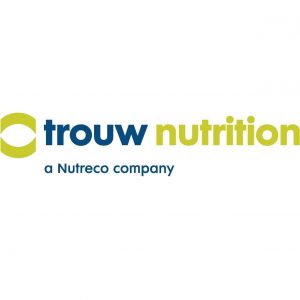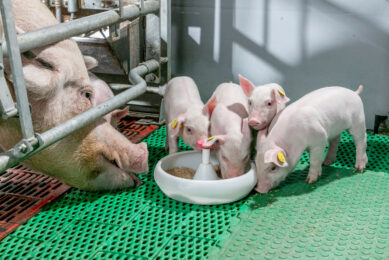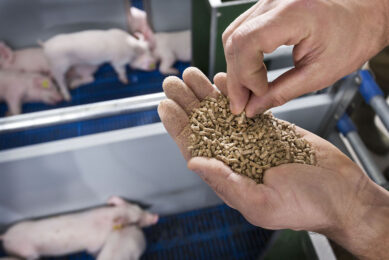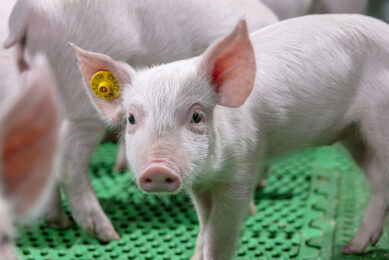Putting an optimised grower diet to the test
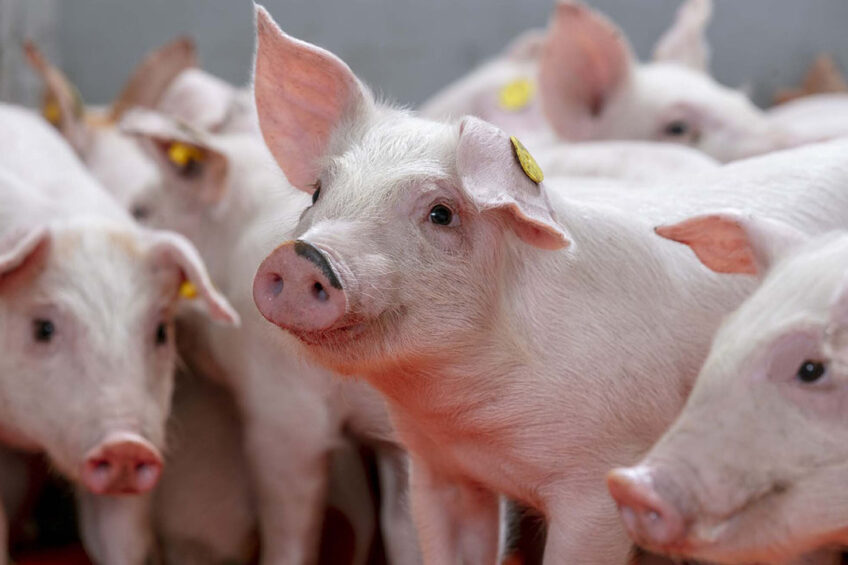
In diets for weaner pigs, antibiotics and zinc oxide often covered up inadequate feeding management. Now that these substances are banned or limited in more and more countries, it will be interesting to see what happens if other diet aspects are optimised. An international group of researchers put such a feed to the test.
As the practice of feeding high levels of zinc oxide to manage piglet enteric health issues is no longer permitted in many regions, pig producers are seeking alternative strategies to support post-weaning health and performance. Tailoring the piglet diet to manage post-weaning stressors and optimise intestinal health is a strategy demonstrated to support pig health and performance as well as producer economics.
Getting piglets off to a good start begins with adequate feed intake. Piglet feed intake during the first week post-weaning has been found to determine intake and body weight gain throughout the nursery phase. But managing this sensitive production moment is complicated by environmental stressors, a change in feed type and a still-developing gut.
Formulating diets to support gut health
Understanding that piglets face specific health and developmental challenges compared to older pigs, researchers formulated a piglet diet optimised to support five factors that influence gut health, even in challenging conditions:
Palatability
The optimised diet considers piglets’ innate taste preferences for ingredient sources including protein and cereals, as well as organic acids. The diet also considers how the mouth feel of a feed may stimulate intake and make the feed “feel” more familiar to piglets.
Amino acids
The optimised diet contains a specific amino acid profile designed to support piglets’ growth and health status. Several field studies tested the amino acid profile and demonstrated better growth and lower mortalities, even under stressful conditions.
Safe feed and water
Piglet feed intake typically declines more than their water intake during weaning. Acidifying drinking water and assuring that ingredients and finished feed meet quality standards can help protect the animal and avoid costly medicated interventions.
Protein and fibre
Including highly digestible protein sources in the diet can help guard against post-weaning diarrhoea and support gut health. When selecting fibre sources, considering the solubility of the source and its rate of fermentation can contribute to optimal digestion and utilisation of nutrients.
Specialty ingredients
Thoughtfully selected dietary components, including synergistic blends of organic acids and specialty ingredients, can support gut health by supporting integrity of the gastrointestinal tract, managing the mucosal barrier and maintaining microbial balance to support immunity.
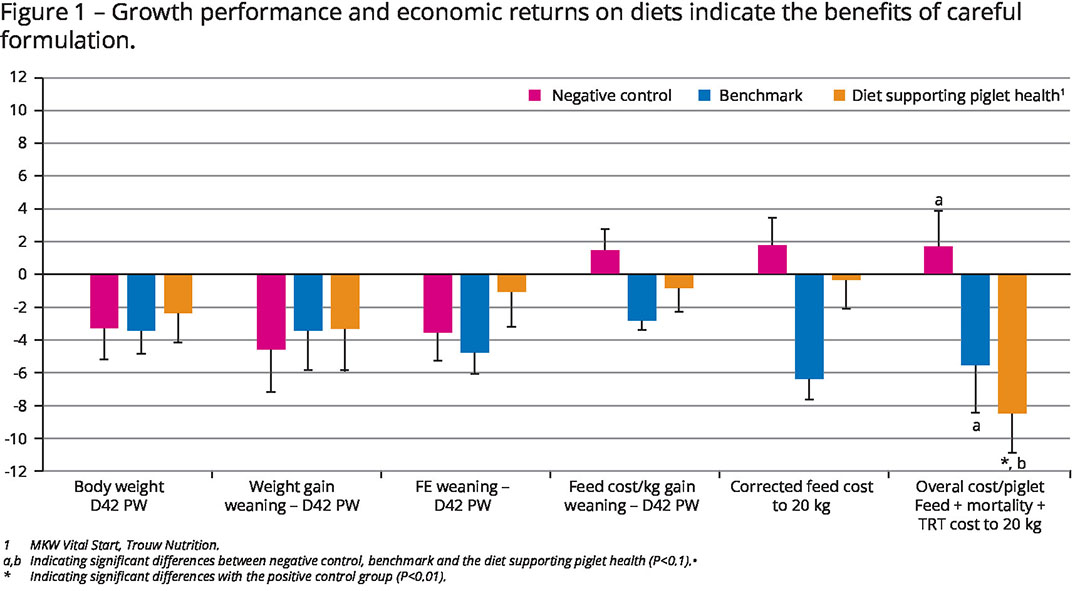
Meta-analysis insights
A meta-analysis supports the theory of optimising a diet based on the factors influencing gut health. Researchers in Spain, Denmark, Germany and Canada conducted five feeding trials involving 5,560 piglets in health-challenged conditions. The studies evaluated the influence of ten diets on piglet health and performance, and production costs were included in the meta-analysis.
Piglets in the trials were placed in one of four diet groups – a diet nutritionally optimised for health-challenged piglets, a positive control diet with 2,500ppm zinc oxide, a non-medicated negative control diet or one of seven benchmark diets. Results for the benchmark diets were reported in one group.
Piglets were tracked for an average of 42 days post-weaning. To assess health challenges, four performance and health indicators were assessed on day 14 and for the overall period: mortality, need for treatment, weight gain and feed efficiency.
What performance data say
Data analysis revealed insights about animal performance/weight, health and profitability. Overall, weaning weights were similar for piglets regardless of diet. Numerically, daily weight gain results were higher for piglets on the positive control diet and were lowest for the negative control diet. Feed intake was lowest for piglets receiving the optimised diet and highest for piglets eating the benchmark diets at +19g compared to the optimised feed. However, feed efficiency declined slightly for those on the optimised feed and on the medicated positive control diet.
Piglets on the optimised diet had a notably lower mortality rate than piglets receiving the negative control diet or any of the benchmark diets. Piglets eating the optimised feed also required the fewest treatments or interventions – 5.2% lower than what was needed for the negative control diet group, 3.3% lower than for the benchmark group and 2.4% lower than for piglets receiving the medicated, positive control feed.
Evaluating economics
How does the choice of diet influence the cost of helping a post-weaning pig reach a weight of 20 kg? When evaluating the corrected feed and water costs to raise piglets to 20 kg, the negative control diet was found to be the most expensive, averaging about € 8.89. The next most expensive diet was the positive control diet at € 8.73. Corrected feed costs through 20 kg for piglets on the optimised diet were € 8.70, while those for the benchmark diets were € 8.18.
Understanding that production costs vary by region and are affected by changes in the marketplace, researchers used a piglet value of € 25.00 to compare mortality and cost of treatments of different diets. Analysis suggests that a diet designed to optimise piglet health may also benefit producers’ bottom lines. Piglets receiving the negative control diet had the highest costs for interventions at € 1.51, followed by the positive control diet at € 1.49 and the benchmark diets at € 1.48. The optimised diet saw the smallest expense in this area at € 0.66.
Considering costs of production, mortality and treatment through 20 kg of body weight, the economic assessment found that the negative control diet remained the most expensive feed at € 10.40, followed by the positive control diet at € 10.22. The benchmark diet cost was € 9.66. Overall, the optimised diet was the least expensive at € 9.36 per pig.
New tools needed
As producers continue reducing the use of in-feed antibiotics and adjust to the ban on using high levels of zinc oxide in feed, new tools are needed to help support piglets moving through the weaning period. Piglets can face multiple health challenges during this stage, including issues like diarrhoea, which negatively affect growth and production costs.
Feeding an optimised grower diet
Feeding a diet specially formulated to support piglet health and created with an understanding of ingredient digestion kinetics, like the Milkiwean Vital Start feeding programme, can help support health and production. When compared to other piglet diets, the optimised feeding plan reduced mortality and the need for medicated interventions. Considering all production costs, a feeding programme designed to support piglet health may be less expensive in the long run.


